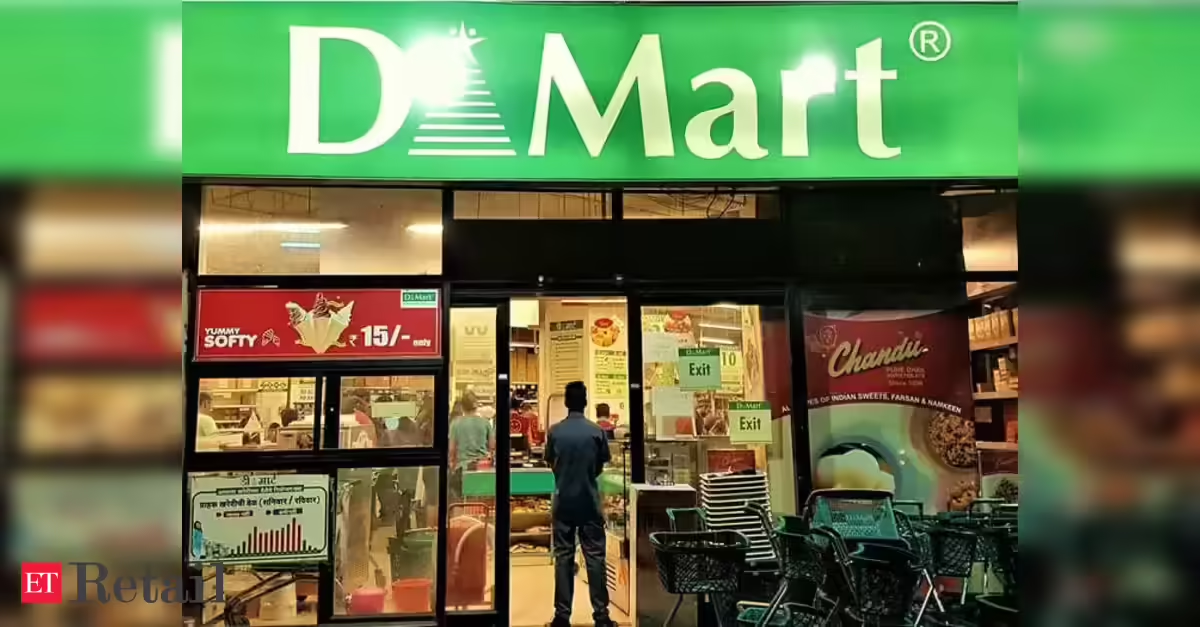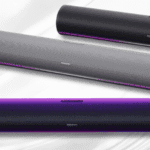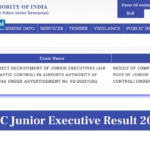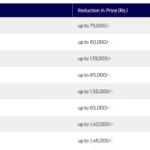In the bustling world of Indian retail, one name has quietly but steadily risen to dominate the landscape—DMart. Founded in 2002, has transformed from a single store in Mumbai to a nationwide phenomenon. Known for its low prices, high efficiency, and rock-solid business model, is more than just a supermarket chain—it’s a case study in how consistency and discipline can outperform flashy branding and aggressive marketing.
In this blog, we’ll dive deep into the journey, its business model, financial performance, digital evolution, and what the future holds for this retail juggernaut.
🏪 The Humble Beginnings
is operated by Avenue Supermarts Ltd., founded by Radhakishan Damani, a respected stock market investor and entrepreneur. Unlike many modern retail chains, DMart wasn’t built on glitz and glamour. It was built on a simple promise: Everyday low prices.
The first store opened in Powai, Mumbai, in 2002. Damani understood that India’s middle class was looking for quality and value in everyday essentials—groceries, household products, garments, and more. His idea was simple: offer products cheaper than the competition, maintain tight cost control, and own the real estate to avoid rent costs.
This laser-sharp focus on affordability and sustainability became the foundation of DMart’s success.
🧠 Business Model: Simple Yet Powerful
DMart’s business model revolves around a concept called EDLP (Everyday Low Pricing). While many retail chains lure customers with discounts, offers, and flashy campaigns, believes in offering the lowest price every day—no gimmicks.
Here’s what makes business model effective:
1. Owns Store Real Estate
Most stores are built on land the company owns. This drastically reduces rental overheads and gives the company full control over store expansion and design.
2. Focus on Essentials
focuses on high-turnover items—food, FMCG, kitchenware, and garments—rather than electronics or luxury goods. This ensures steady demand and low inventory risk.
3. Centralized Procurement
The company buys in bulk directly from suppliers, reducing middlemen and getting better rates. These savings are passed on to the customer.
4. Operational Efficiency
Stores are efficiently managed with minimal staff, simple layouts, and lean inventory models. This cuts costs and speeds up operations.
📈 Growth and Financials
As of 2025, It has over 415 stores across India, spanning more than 12 states. From metros to Tier-2 cities, has steadily grown its footprint without compromising its core values.
FY25 Highlights:
- Revenue: ₹57,790 crore (16.6% YoY growth)
- Net Profit (Q4 FY25): ₹620 crore (2.6% YoY growth)
- EBITDA Margin: 6.8%
- Profit Margin: 4.3%
While profits grew, margins were slightly lower compared to previous years. This was mainly due to rising labor and operational costs. However, store additions and higher footfall helped offset the margin dip.
🌐 DMart Goes Digital – DMart Ready
Recognizing the shift toward online shopping, launched DMart Ready, its e-commerce platform for groceries and essentials. Though it operates on a limited scale compared to giants like Amazon or Reliance JioMart, has shown promise.
FY25 E-commerce Update:
- Sales: ₹2,202 crore (32% growth YoY)
- Losses: ₹194 crore (due to logistics and tech investments)
cautious with its online strategy. Instead of chasing market share through discounts, it focuses on building a sustainable logistics network and last-mile delivery. While this approach slows growth, it aligns with philosophy of controlled expansion.
👔 Leadership Transition
In 2025, a significant change was announced. Longtime CEO Neville Noronha, the man who scaled DMart from 5 stores to 400+, will step down in January 2026. His successor, Anshul Asawa, a former Unilever executive, brings international experience and fresh perspective.
This leadership shift indicates that is preparing for its next chapter—possibly with a stronger focus on private labels, digitization, and supply chain modernization.
🏆 Competitive Edge
Despite growing competition from Reliance Retail, Amazon, Spencer’s, and Quick Commerce platforms, DMart remains a top choice for Indian families.
Why?
- Trust in Pricing: No one doubts that DMart offers genuine savings.
- Clean, Organized Stores: No frills, but efficient.
- Consistent Experience: Whether you shop in Nagpur or Mumbai, the service feels the same.
slow-and-steady approach often frustrates investors looking for rapid expansion, but it has ensured long-term stability and profitability—something many competitors struggle to match.
🔍 SWOT Analysis
✅ Strengths:
- Strong customer loyalty
- Proven EDLP model
- Debt-free and cash-rich
- Efficient supply chain
❌ Weaknesses:
- Thin profit margins
- Slow digital growth
- Limited SKU variety compared to online players
🌱 Opportunities:
- Expand to newer Tier-2 and Tier-3 cities
- Strengthen DMart Ready with faster delivery
- Launch private-label products for better margins
⚠️ Threats:
- Rising competition from e-commerce
- Inflation and supply chain disruptions
- Regulatory changes in retail and FDI policy
🔮 Future Outlook
DMart plans to continue its store expansion with 40–60 new stores every year. The focus remains on owning real estate and deepening its presence in key states like UP, Bihar, and Odisha.
On the digital front, DMart Ready is likely to expand into more cities with improved delivery timelines and warehousing. However, don’t expect aggressive discounting—DMart will continue its path of sustainable scale over quick wins.
The company may also explore:
- App enhancements for better UX
- In-house logistics fleet
- Integration of AI in inventory and procurement
🧠 Lessons from DMart
DMart’s journey holds key lessons for entrepreneurs, investors, and business students:
- Focus beats diversification: By sticking to essentials, DMart avoided the cash burn that plagues many retail startups.
- Control matters: Owning stores, managing supply chains, and building slowly have helped DMart stay independent and profitable.
- Trust builds value: Customers don’t come to DMart for luxury—they come for savings. And they trust DMart to deliver that.
📌 Final Thoughts
In an age where companies chase growth at any cost, DMart is a refreshing exception. With its frugal mindset, customer-centric pricing, and solid operations, it continues to thrive—even without making noise.
As India’s consumption story grows and digital retail matures, DMart is well-positioned to remain a strong player in both physical and online retail.
Whether you shop at DMart or study it as a business model—there’s no denying that DMart is one of India’s most inspiring success stories.










